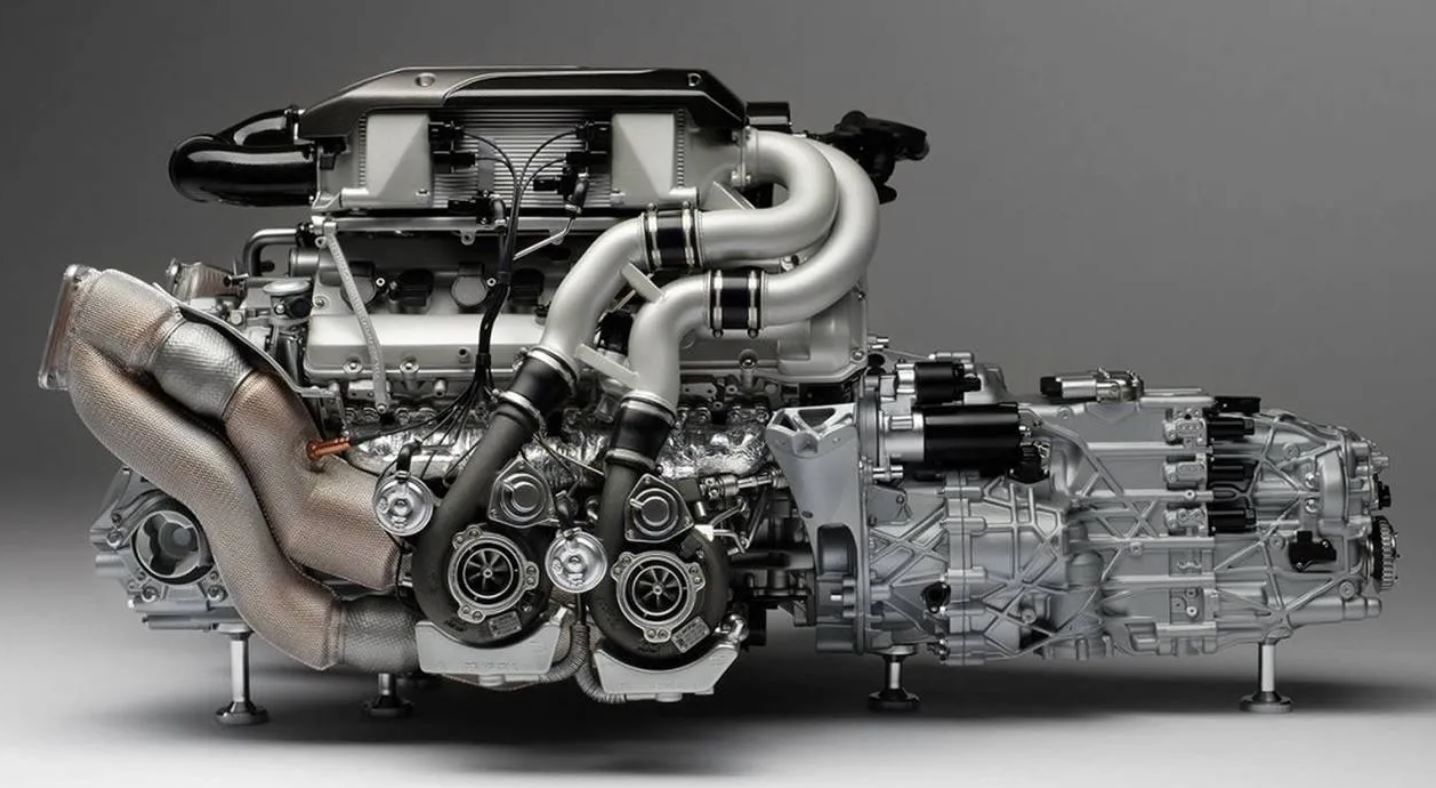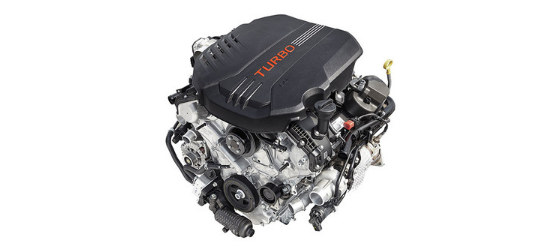The Influence of Innovative Engine Technologies on Energy Effectiveness and Environmental Sustainability
In the world of transport and commercial machinery, the continual pursuit for boosted energy effectiveness and reduced environmental effect has led to significant improvements in engine innovations. From the gradual change towards hybrid and electrical systems to the combination of turbocharging for enhanced effectiveness, the landscape of engines is advancing rapidly.
Advancement of Engine Technologies
The progression of engine technologies over the years has been noted by continual innovation and improvement in quest of improved performance and performance. From the early days of inner burning engines to the cutting-edge crossbreed and electric powertrains of today, the advancement of engine innovations has actually been driven by a ruthless quest for enhanced gas effectiveness and lowered discharges.
One considerable landmark in this evolution was the advancement of turbocharging and straight injection systems, which dramatically increased engine power outcome while boosting fuel effectiveness. These modern technologies allowed for smaller, extra light-weight engines that can deliver the performance of larger ones without jeopardizing on performance.
Moreover, advancements in materials science have actually caused the widespread adoption of light-weight products such as light weight aluminum and carbon fiber in engine building. This has not only decreased general lorry weight yet has actually additionally improved engine performance by minimizing energy losses connected with inertia and rubbing.
Advantages of Electric and Hybrid Systems
With the growing emphasis on sustainability and power performance, what benefits do electrical and hybrid systems use in the realm of engine innovations? Electric and hybrid systems existing many benefits that contribute to a more energy-efficient and sustainable future. One of the primary benefits is the considerable decrease in greenhouse gas exhausts compared to typical inner combustion engines. Electric vehicles produce zero tailpipe discharges, resulting in enhanced air quality and minimized environmental effect. Additionally, hybrid and electric systems are more energy-efficient, transforming a higher percent of saved power right into propulsion compared to conventional engines. This efficiency leads to reduced power usage and operating expense over the car's lifetime. In addition, electric automobiles use regenerative braking systems that save and catch power normally lost during stopping, further boosting power effectiveness. Crossbreed systems combine the advantages of electrical propulsion with the adaptability of a combustion engine, giving prolonged driving arrays and minimizing array stress and anxiety for customers transitioning to electrical cars. Overall, electric and hybrid systems play a vital role in progressing energy efficiency and environmental sustainability in the transport industry.
Turbocharging for Improved Performance
Ingenious engine innovations like hybrid and electrical systems have actually led the way for developments in automobile efficiency, with turbocharging becoming a vital technique for improving general performance and sustainability. Turbocharging works by using a turbine to compel even more air right into the burning chamber, permitting for far better gas burning and raised power result without a significant boost in engine dimension. This procedure, called forced induction, enables smaller sized, extra fuel-efficient engines to produce power degrees comparable to bigger ones. By taking full advantage of the efficiency of the combustion process, turbocharged engines can attain better gas economic situation and lowered discharges, adding to environmental sustainability. Additionally, turbocharging enhances engine responsiveness, offering vehicle drivers with an extra dynamic driving experience. The widespread fostering of turbocharged engines in both fuel and diesel automobiles demonstrates their efficiency in balancing performance, performance, and ecological impact. As automotive producers remain to improve turbocharging innovation, its function in promoting power performance and sustainability in the transport market is anticipated to grow even more.
Using Different Fuels
Harnessing alternative gas offers an appealing avenue for lowering carbon discharges and expanding the energy resources used in transport. As the world makes every effort to battle environment modification and decrease dependence on nonrenewable fuel sources, alternate fuels have gotten considerable interest for their potential ecological and financial benefits.
Biofuels, such as ethanol and biodiesel, are originated from eco-friendly resources like algae, sugarcane, and corn, providing a cleaner burning option to typical gasoline and diesel. These gas can be blended with existing petroleum gas or used in specialized engines, giving a path to reduced greenhouse gas exhausts and improve air quality.
Additionally, hydrogen gas cells have actually arised as a promising technology for zero-emission transportation. engines for africa. By transforming hydrogen gas right into electricity to power electric motors, fuel cell vehicles produce just water vapor as a byproduct, getting rid of damaging tailpipe discharges entirely
In addition to reducing carbon emissions, alternative gas can also enhance power security by expanding the gas mix and minimizing reliance on imported oil. Embracing different gas in transport is a crucial action in the direction of accomplishing a much more lasting and eco-friendly future.

Future leads and ecological benefits
The ecological advantages of alternate fuels and their potential for long-lasting sustainability are essential considerations in the transition towards cleaner energy sources. Alternative gas, such as biofuels, hydrogen, and electrical power, offer significant ecological advantages contrasted to typical nonrenewable fuel sources. These fuels create reduced levels of greenhouse gas exhausts, decreasing description air pollution and mitigating environment change effects. Furthermore, alternative fuels can assist expand energy sources, improving power safety and security and reducing reliance on finite resources.
The future prospects for alternate gas in the transport sector are appealing. Developments in innovation proceed to improve the performance and price of alternative fuel lorries, making them much more obtainable to consumers. Governments all over the world are also implementing plans to incentivize the adoption of different gas, additionally driving their growth. As research and advancement initiatives increase, the potential for even greener and more lasting gas alternatives raises, leading the way for a cleaner and a lot more ecologically friendly transportation industry. By embracing alternative gas and cutting-edge technologies, the path in the direction of a much more sustainable future ends up being significantly attainable.

Conclusion
In conclusion, ingenious engine technologies have played a crucial function in enhancing energy effectiveness and advertising environmental sustainability. The development of engine innovations, adoption of hybrid and electrical systems, use of turbocharging, and exploration of different fuels have all contributed to minimizing exhausts and enhancing efficiency.
In the realm of transport and commercial machinery, the continuous quest for enhanced power performance and minimized environmental impact has led to considerable improvements in engine innovations. Turbocharging jobs by utilizing a turbine to force even more air into the combustion chamber, permitting for much better fuel burning and raised power result without a considerable increase in engine size. By maximizing the performance of the burning procedure, turbocharged engines can attain better gas economic climate and decreased emissions, contributing to ecological sustainability. Different gas, such as internet biofuels, hydrogen, and find out here electricity, deal substantial ecological advantages compared to traditional fossil gas. The advancement of engine modern technologies, fostering of hybrid and electric systems, use of turbocharging, and expedition of different fuels have all added to lowering emissions and enhancing effectiveness.